ripley (2024)
The Talented Mr. Ripley (1999) was (and might still be) my favorite movie - it hit at that precise moment in my life where I understood enough about both films and about myself that I was able to connect some (but not all) of the dots of why it resonated. Part of it went above and beyond Matt Damon's sympathetic, boyish Tom Ripley - down on his luck but generous at heart, good at parlor-trick deception but still fundamentally driven by a desire to be loved, to belong, to have access to the world of art and music that belongs to people wealthy enough to afford leisure.
As much as I loved the film (and some - not all - of the other varied adaptations), it wasn't until I read Patricia Highsmith's original book that Ripley really began to click for me. Matt Damon's nobody-forced-to-do-evil was a viable interpretation, yes, but so too was this ghoul of a man: someone not driven by love (even queer love, can you imagine!) or by a heightened love of the arts but by force of Want - by a realization that there are haves and have-nots and he is within his rights, as a creature of the world, to prey upon those who have, in order to transform himself into the creature of comfort he longs to be.
Along comes Ripley, a limited TV series originally produced by Showtime and eventually released on Netflix. Tom Ripley is played by Andrew Scott, who captured our hearts as bad boy Jim Moriarty in the surreal whirlwind that was the BBC's Sherlock.
When I heard the announcement, I fretted. Would it be GOOD? Could it possibly live up to my expectations of what I'd want from such a production? I had enough going on this year; I didn't jump on board when it came out (I'd deactivated my Netflix anyway) and very few people in my sphere were talking about it, so I thought, fine! I will get to it when I get to it.
On November 8, I signed an offer letter for a job, ending a troubled job search that lasted almost exactly 7 months. There wasn't a profound sigh of relief - I had a plane to catch in two days, a whirlwind of onboarding to complete, and a bunch of bills to pay - but there WAS cause for celebration. Why not, I thought, finally see what's going on with my favorite gay little sociopath?
Reader, the show is good.
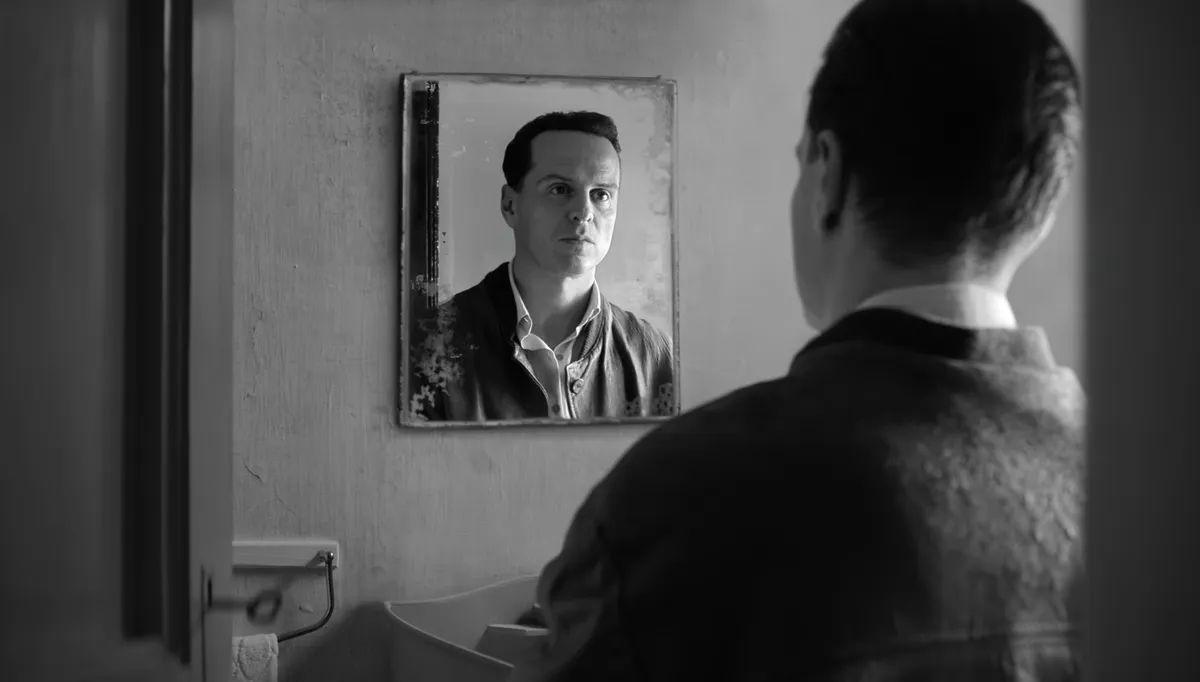
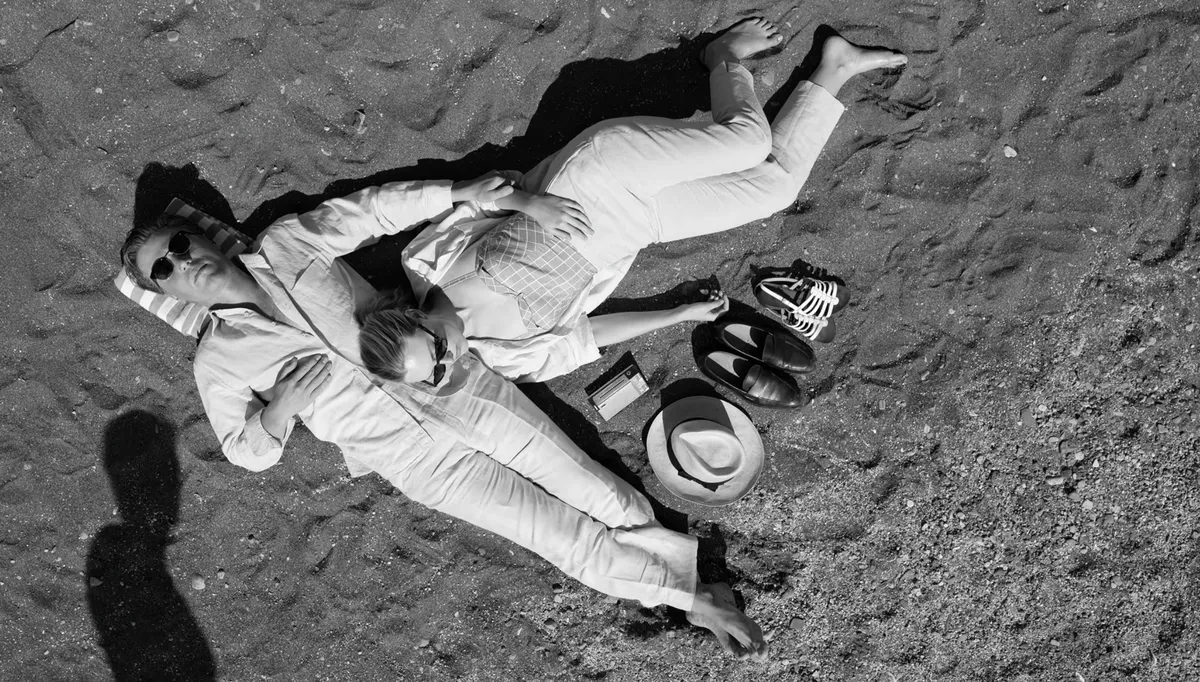
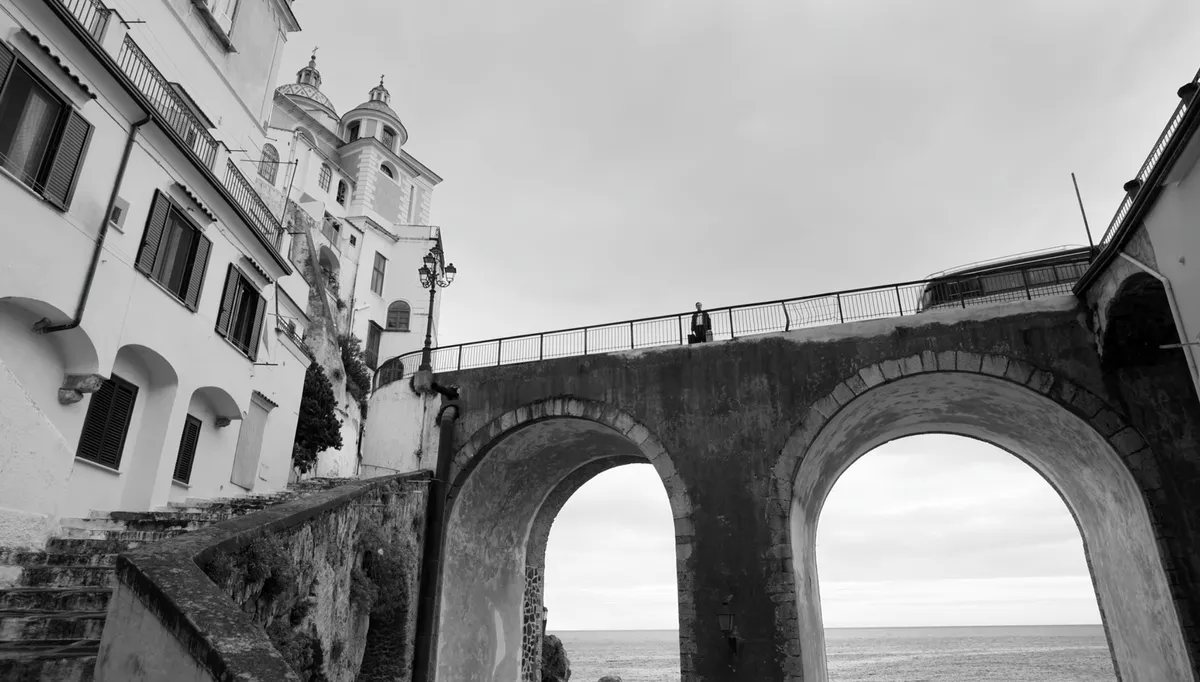
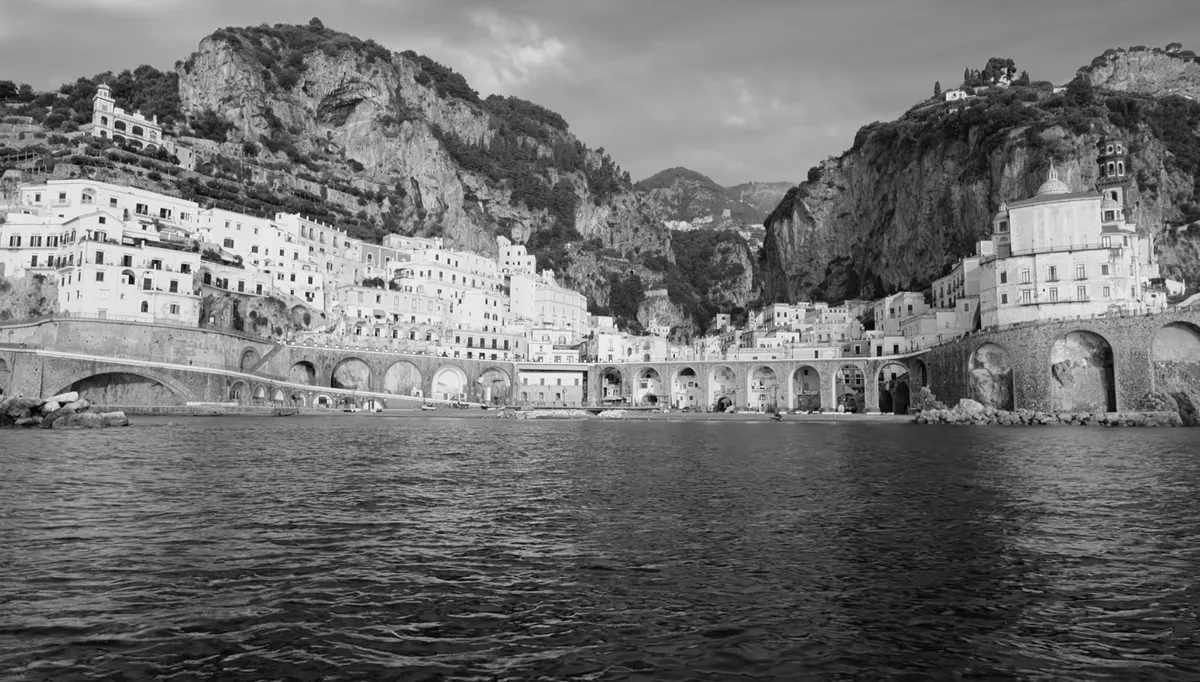
Michaelangelo Merisi, historically known by the mononym Caravaggio, pioneered a style that realistic-but-charged emotional states with stark, severe use of light and dark: a usage so impactful that its adherents became known as tenebrosi, a name that might well apply to a school of vampiric death magic. His paintings are scattered throughout Italy's major cities, much as Caravaggio himself fled across the peninsula, plagued the dual threats of justice and revenge as he shed blood and suffered the consequences.
His bloody, shadowy, and much-rumored queer lifestyle hangs heavy over the noir world of Ripley: a world of grit and grime, of haves and have-nots, of sun and shadow. When I first saw Andrew Scott as Tom, I blanched: he seemed too old (Scott himself is nearly 50!), too icy, too depressed. But in Italy's bright, bold sun, the chameleon's skin begins to change.
Ripley (the show, not the character) is beautiful. No shot is wasted, no opportunity is missed. Everywhere, the Italy of the early 60s is here to demonstrate its lush, ancient beauty. Its drastic elevation, its rustic technology, its simple pleasures, its American residents: Johnny Flynn and Dakota Fanning are pitch-perfect as Dickie and Marge, reacting to this intruder with cool bemusement and icy politeness, respectively.
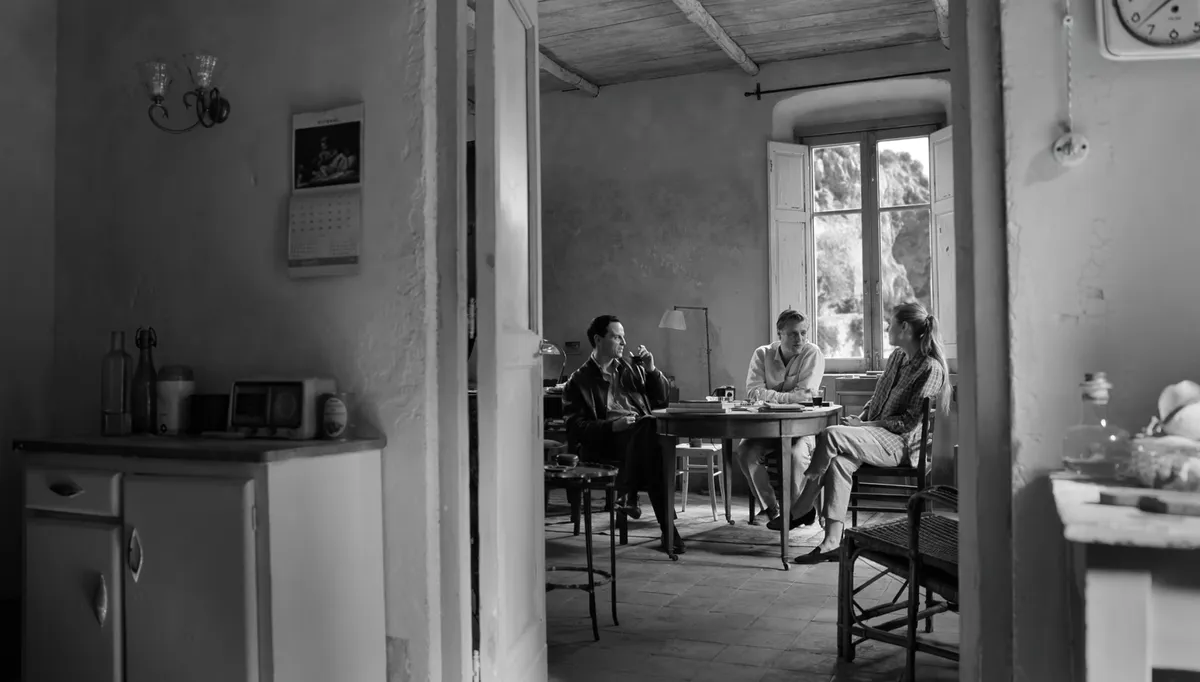
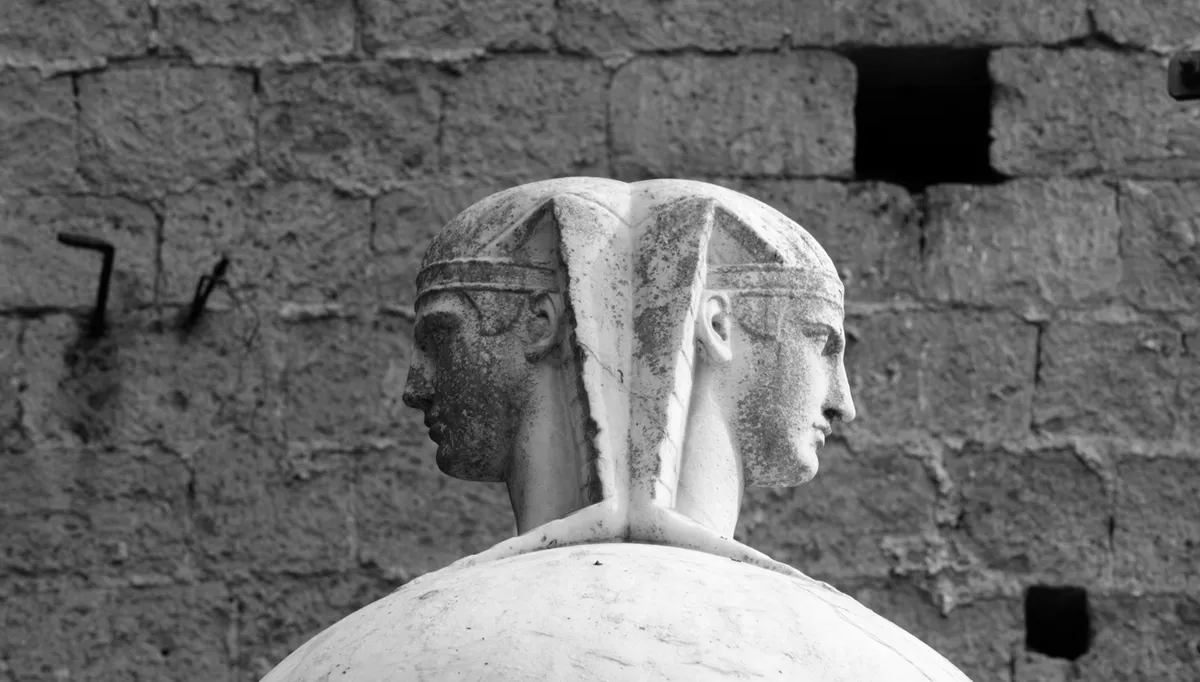
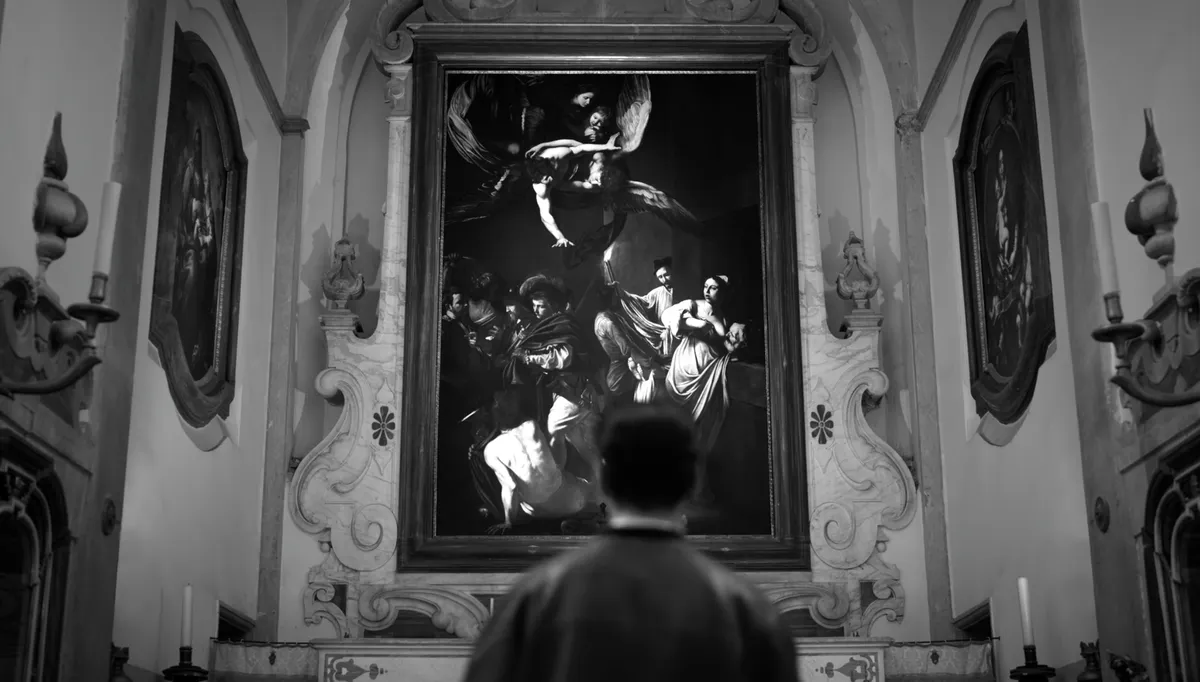
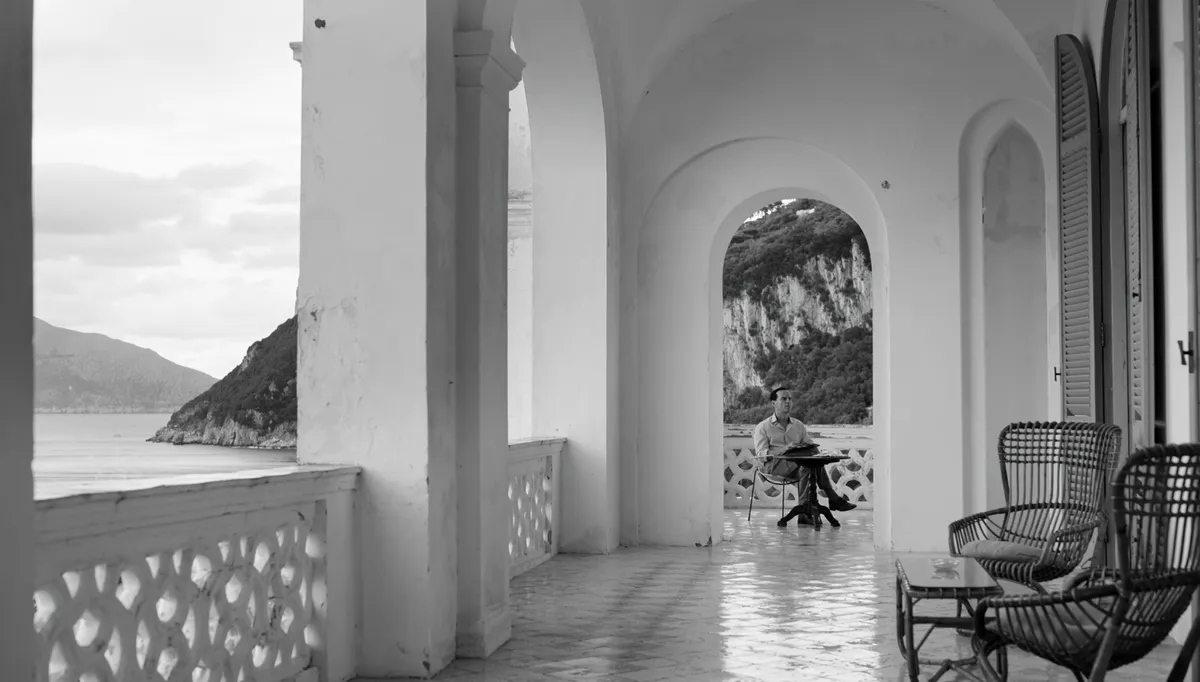
Ripley the show sticks to Ripley the book in ways I did not expect, and nearly always to its credit. More than one episode is nearly entirely devoted to a particular crime. A dozen minutes might go by without a single line of dialogue as we are forced to reckon with the awful physicality of what has transpired, and what must now happen if anyone is to make it through to the other side. Italy is beautiful, but awful things happen here. Sun and shadow.
When the show DOES deviate, it does so confidently, and justifiably. Nothing feels out of place, or unexplained, or inexplicable. Ripley is aware he is in a psychological thriller, or that he is himself noir - he bends the rules of people's behaviors around him, like a black hole, pulling light towards himself, and sinking it into nothingness as he presses on. He is dark and inexorable, like Caravaggio's tenebrosi.
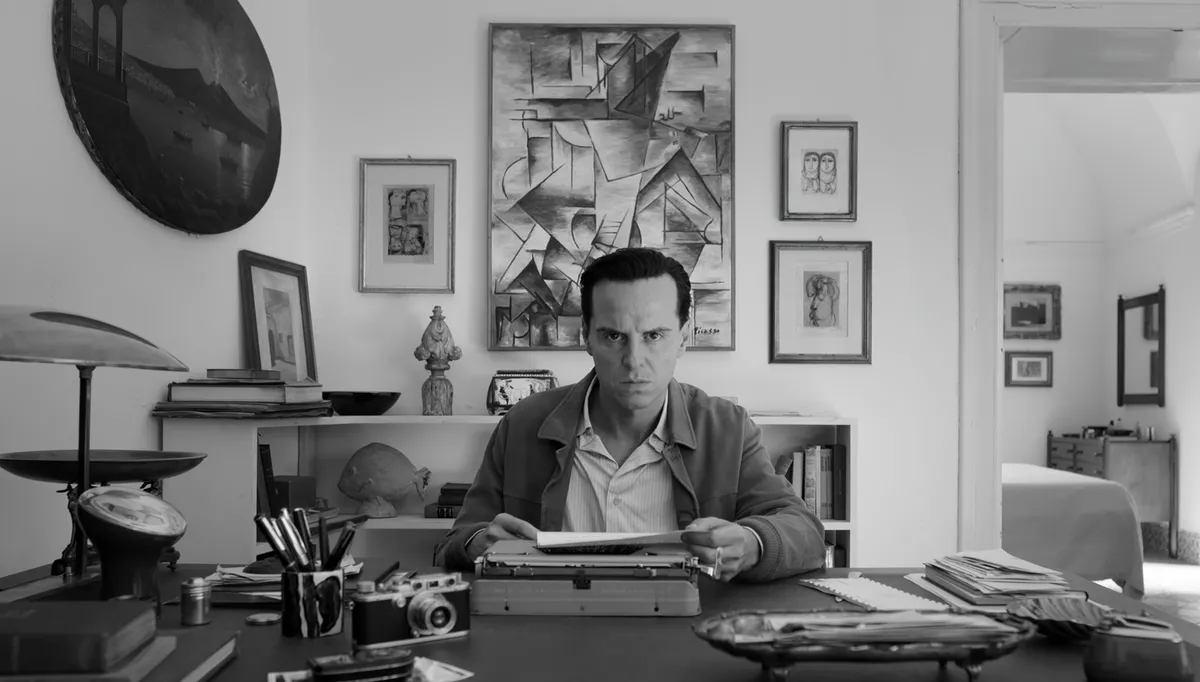
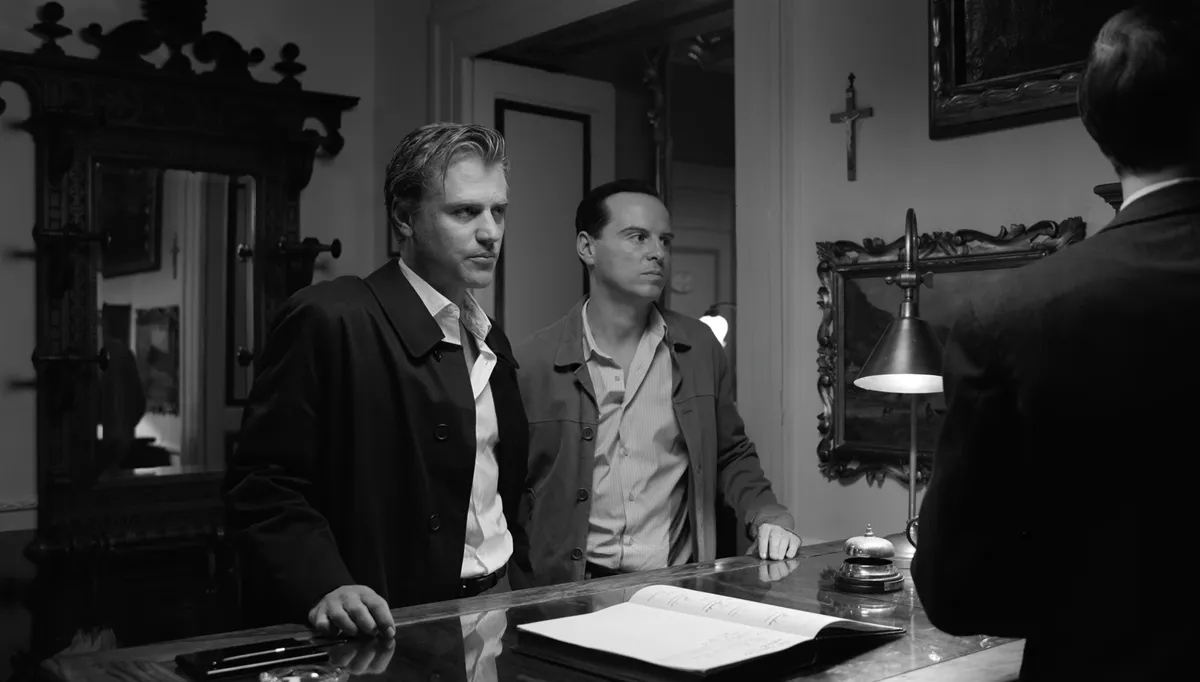
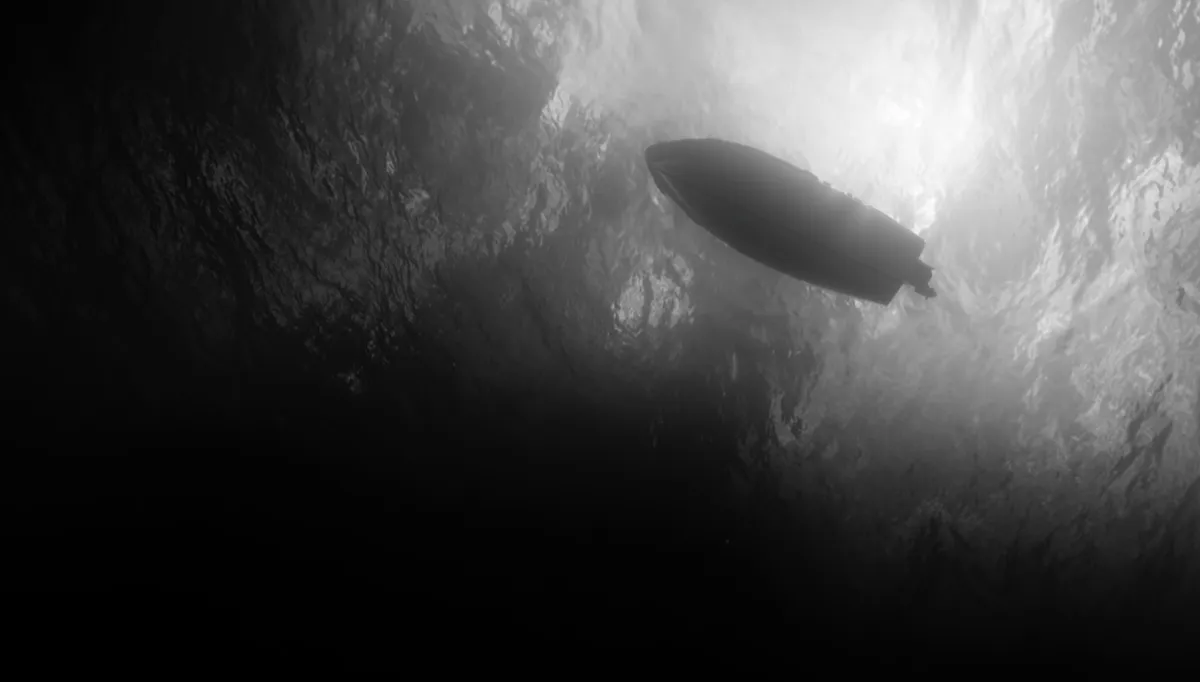
The camera highlights not merely Italy, but Italians. So many people are stupendously cast, even for the most minor of roles. An impatient post-office keeper. A lazy police officer. A dogged inspector. An infatuated landlady. Innkeeper after innkeeper, each of whom is rendered such instant clarity that they and their particular behaviors will stick around in my head far longer than what they said or why they were there. Tom encounters many people throughout his twisted journey, and each of them is a delight to encounter.
In the rare (perhaps singular?) instance of stunt casting that the show indulges in, it's with such pitch-perfect implication that I could not help but squeal aloud. Am I a mark, as much as the police and bankers that Ripley routinely hoodwinks? Who can say.
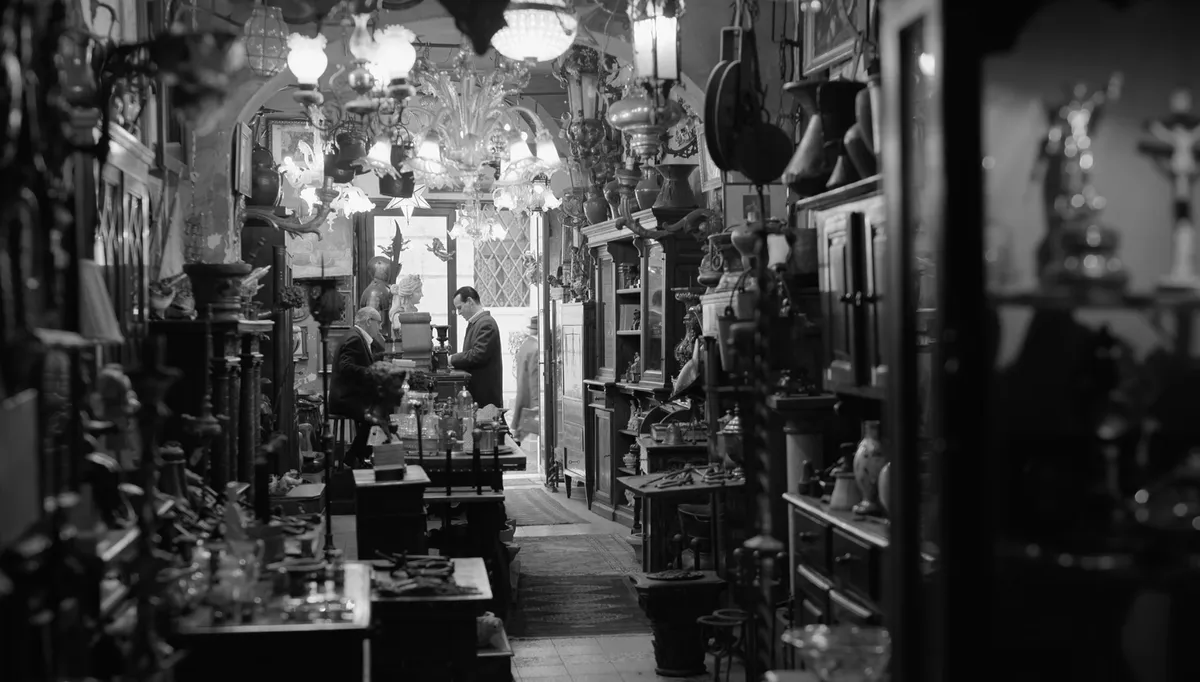
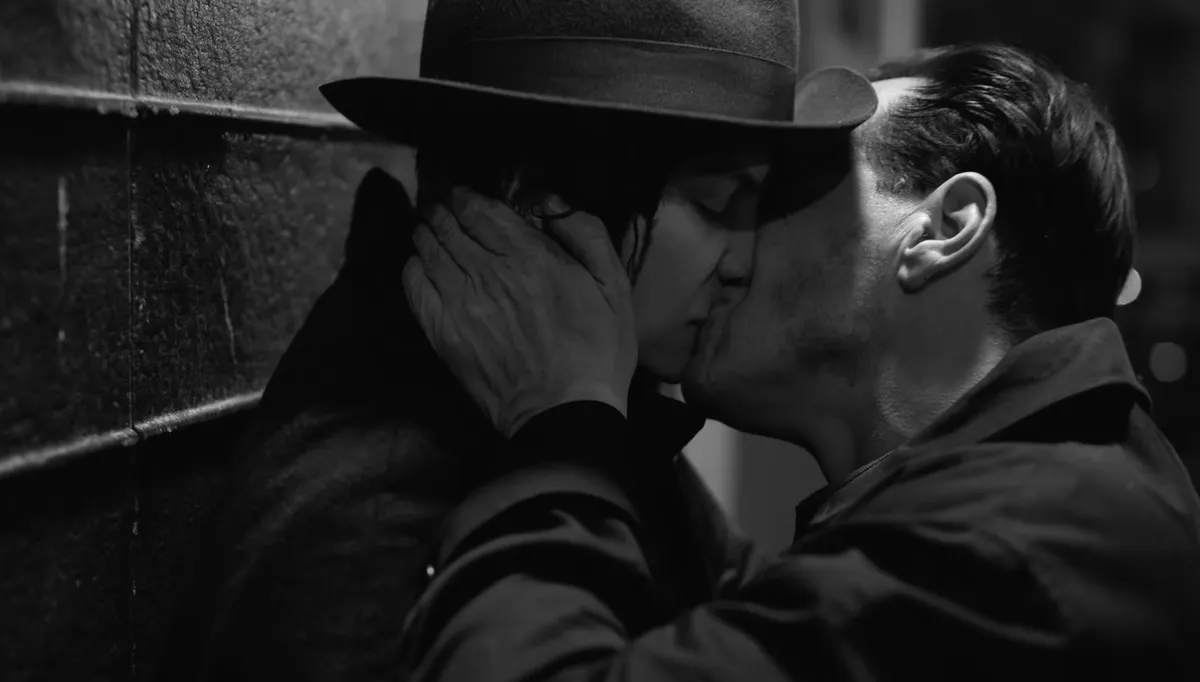
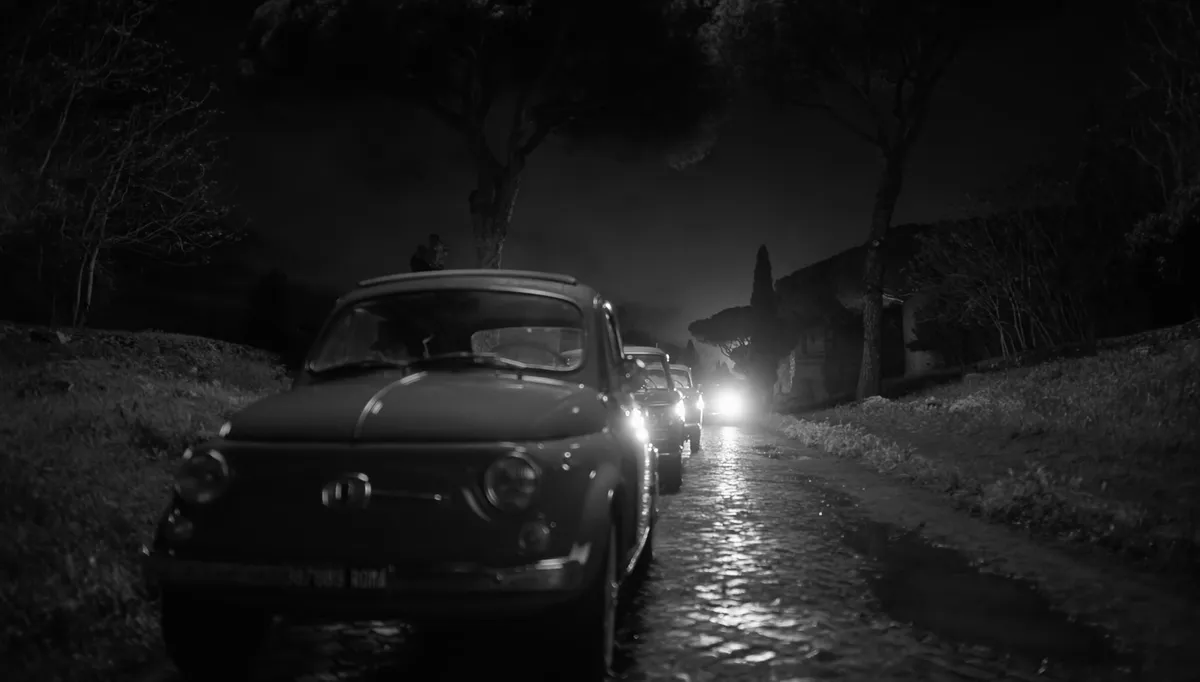
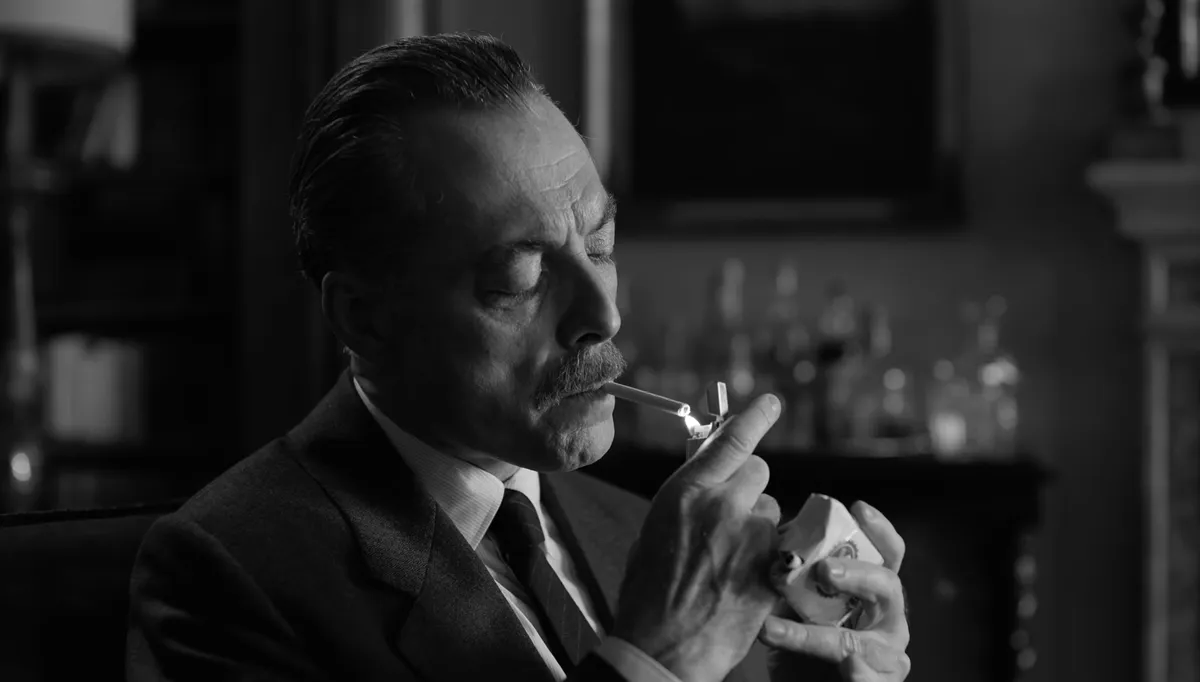
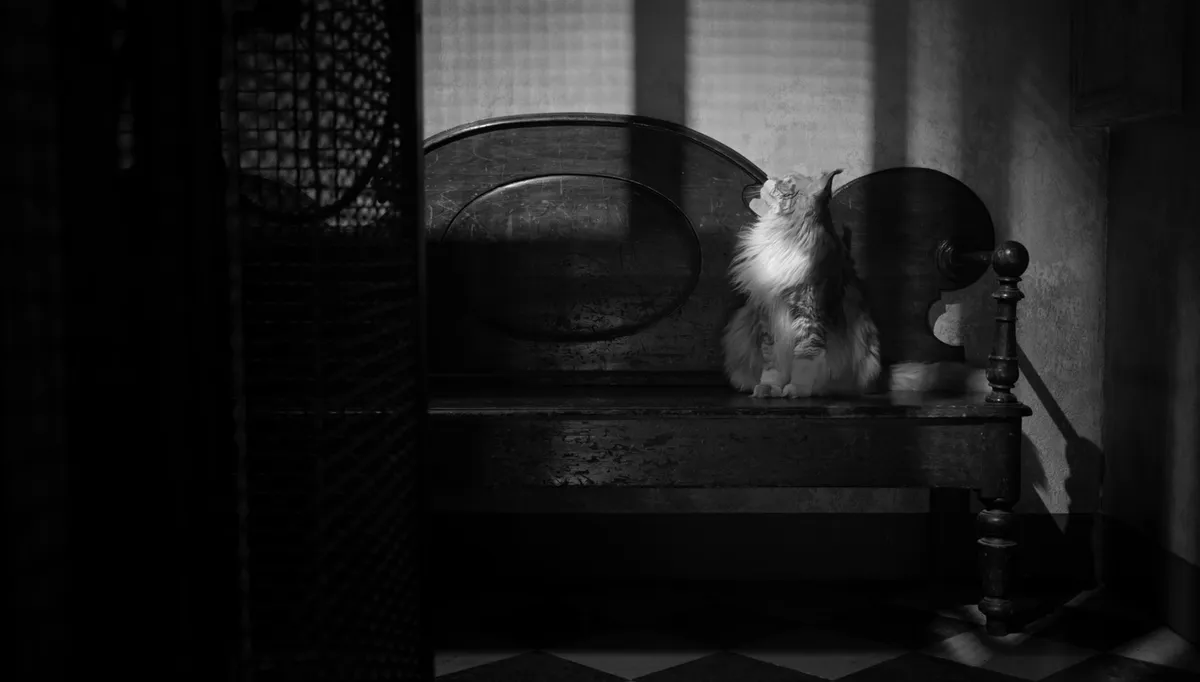
There are so many more frames I could capture. The show is so intelligently composed - so artistically rendered, with purpose and intent - that it cannot help but be remarked upon.
Like Tom Ripley himself, passing through a luxurious soiree with just the right word and just the right expression, I could not help but observe, and admire, and wonder - when next will he pass through my life?